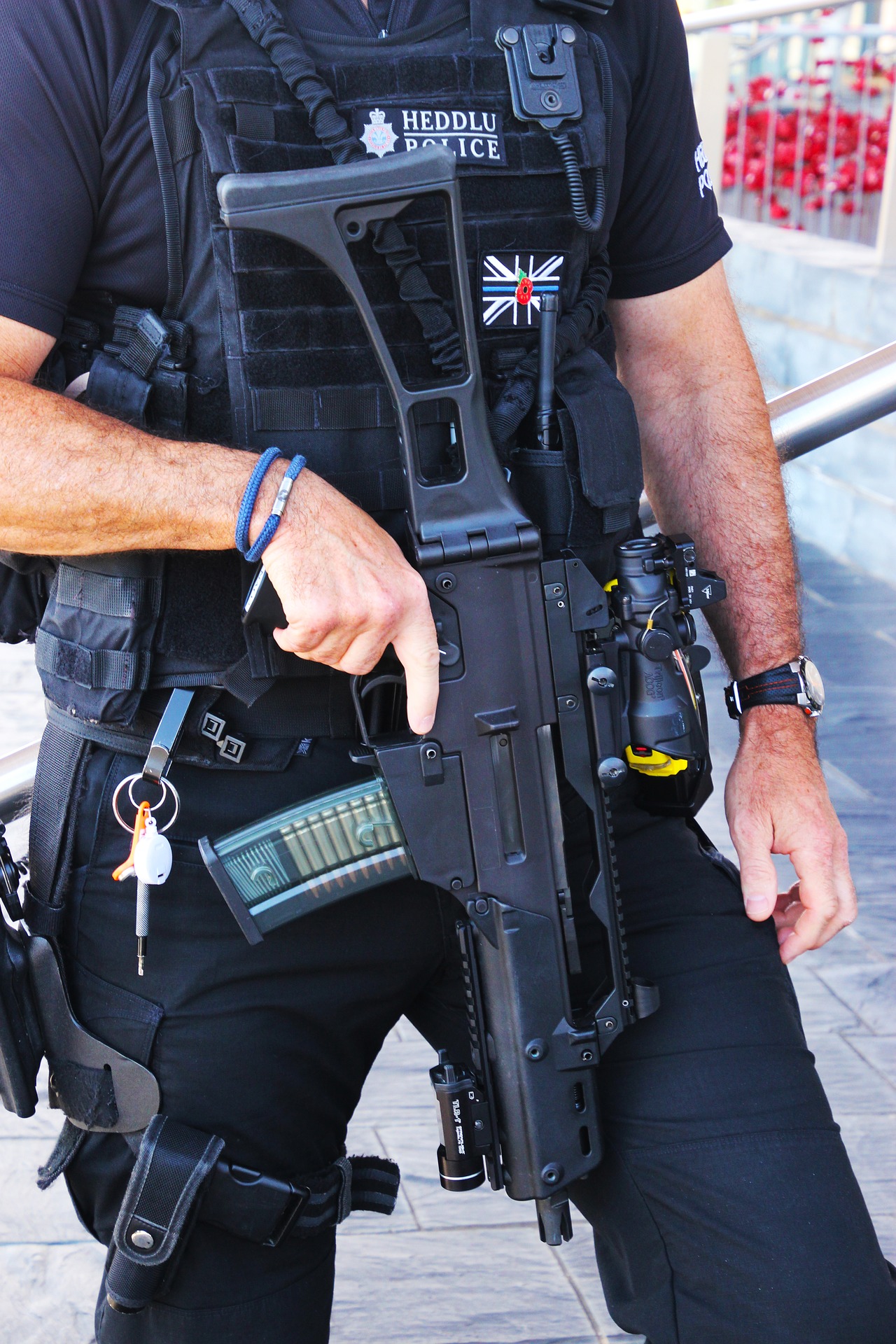Workplace accidents don’t only happen on construction sites and in warehouses. The office environment poses risks to health and safety, too.
Although most office hazards don’t result in death, they do cause injury and sickness.
In this article, we take help from one of America’s leading work injury lawyers, Salvi, Schostok & Pritchard. We ask them to list down some constructive steps which can help businesses not be at the receiving end of workplace injury lawsuits. If you are a business organization that is concerned about your workplace safety requirements, please read on to get a fair idea of the topic.
Are you safe in your workplace? Do you know which hazards to look out for? It’s your employer’s responsibility to make the workplace safe, and yours to maintain it.
It’s important to know how to protect yourself from potential hazards. Keep reading for the eight most important workplace safety tips.
1. Ergonomic Desk Setups:
The most common office injury is muscle strain from a poor desk setup. When the body stays in uncomfortable positions too long, it causes strain. Muscle strain can create short and long-term pain.
You can prevent this situation by making sure your desk is set up ergonomically.
First, make sure the height of your computer monitor is at eye level. Your chair should allow you to sit with a straight posture, your elbows at desk height.
When you type on the keyboard, your forearms should sit gently on the desk. They shouldn’t be straining to reach the keyboard.
Second, make sure your office chair is on wheels. Reaching for objects and twisting to grab them cause back strain. Use the wheels to move closer to whatever you’re grabbing.
If you use the phone a lot at work, invest in a headset. This prevents neck pain from leaning into the phone. Your employer should supply any ergonomic materials.
2. Make Emergency Exits Clear and Known:
It’s crucial that everyone in the office know where the emergency exits are. In the case of a fire, you can’t take the elevator. You must be able to take the stairs.
Not only does mean you need proper signage, but you need clear pathways.
Many offices are guilty of having filing boxes sit in the hallway for weeks. Someone will put them away eventually, right? If these boxes get left in front of an emergency exit, they could prevent a speedy exit.
This is only one of the reasons to have a clean and clutter-free office.
3. Prevent Slips and Falls:
Boxes left on the ground are also serious tripping hazards. You might turn a corner expecting it to be clear, only to knock your shin on a stack of boxes. If you don’t trip and fall this time, someone else will.
Make it a rule to always keep pathways clear of clutter. If someone takes a box from its storage spot, they must put it back.
Slips are another common office safety concern. The breakroom is where people fill their water bottles and prepare lunch. Spilt liquids are hazards for slipping and falling.
Your office needs to have “wet floor” signs so employees can signify a spill right away. Until the janitor gets there, people will know to use caution near the spill.
4. Proper Storage:
Improper storage of boxes can cause muscle strains and injuries. The basic rule is to keep heavier items on the bottom shelf, lighter on the higher ones. If a box were to fall from the top shelf, you don’t want it to be the heavy one.
Every bookshelf should have a step ladder near it. Reaching upwards to lift a box is dangerous for your back muscles. Instead, use the handy ladder to bring down whatever you need.
When it comes to filing cabinets, it’s crucial all the drawers aren’t opened at the same time. This can cause the cabinet to fall over and land on you. Open one drawer at a time and make sure it’s closed when you’re done.
5. Inspect Electrical Cords:
Fire hazards exist in office workplaces, too. Since so much of the office equipment relies on electricity, there are tons of cords and wires.
Cords and wires that have tears or rips are risks for starting a fire. Some offices use extension cords as a regular office tool. These, too, are serious fire hazards.
Check the state of your office’s cords regularly. Don’t get used to using extension cords. Instead, have an electrician from Barwon Heads to re-position the outlets.
6. Use Hazardous Tools Correctly:
Even the office has hazardous tools that need instruction. All employees should get training on the various office tools and equipment.
For example, large paper cutters are common for workplaces that work with paper. Without proper training, these tools can cut off a finger or seriously slice you.
Any automatic office equipment requires caution. Keep your hair, jewelry, and sleeves away from any openings.
7. Be Aware of Surroundings:
Many workplace incidents occur when the employee isn’t aware of their surroundings. You may walk around reading text on your phone or looking at the ground. While you’ll see clutter on the ground, you won’t see hazards at eye level.
When people don’t close the top drawer of a filing unit, someone could walk into it. If you bump into a ladder, the person using it could fall.
It’s everyone’s responsibility to be aware of their surroundings. Encourage all employees to slow down; it’s better to be safe than fast.
8. Choose a Health and Safety Officer:
Staying on top of all the different health and safety aspects is tedious. You may not have time to check cords, signs, and declutter every day.
As a solution, elect one employee to be a health and safety hazard. Give them the task of doing a weekly or bi-weekly check of the office. They can have a report to fill out.
Any hazards that need fixing can be on the report. Bonus pay could be the incentive for an employee to take this role.
Even the employees who aren’t appointed officers should take safety training. Click here to find out why safety skills are important in the office.
Want More Workplace Safety Tips?
The safety of all employees depends on health and safety procedures. If you keep the workplace clean, organized, and up to date, there will be fewer risks of incidents.
Use the workplace safety tips above to make your office a safer place to work.
There are tons of other ways to improve your workplace. Stay up to date on business news and trends to improve your office. Happy employees do productive work which thus boosts sales.
Read Also:






















